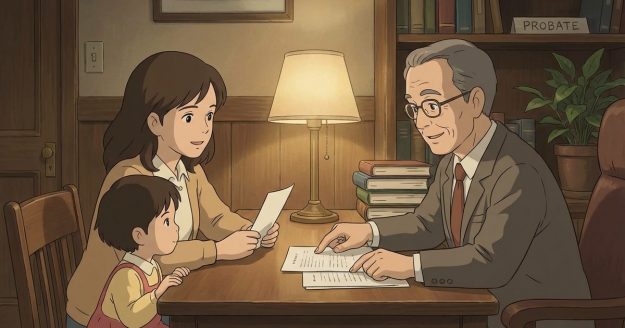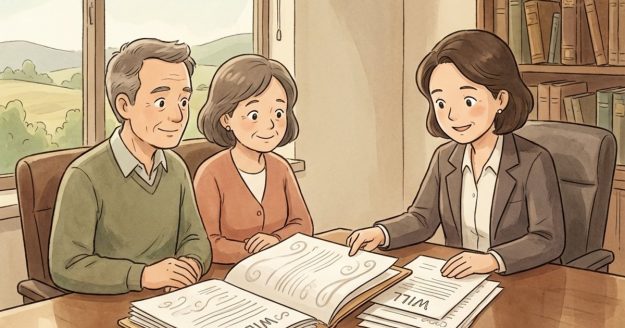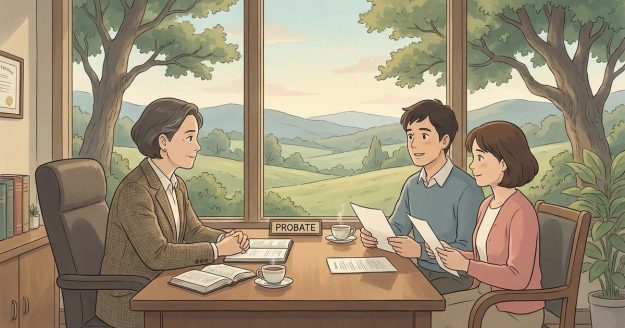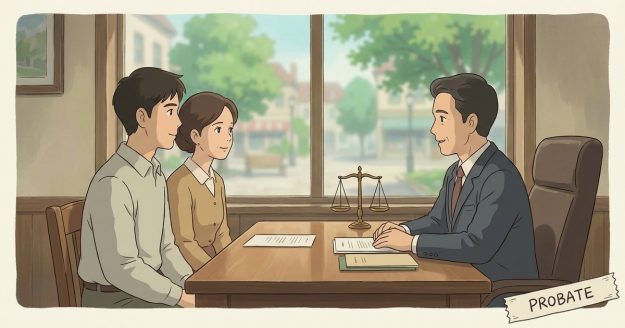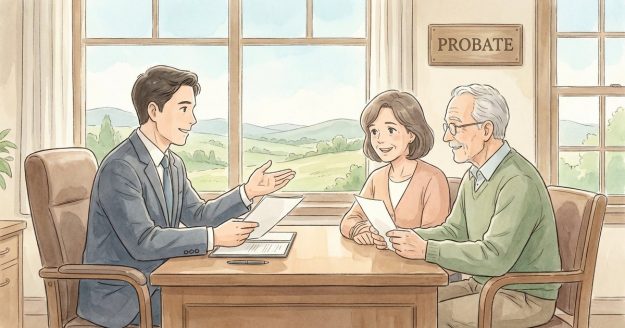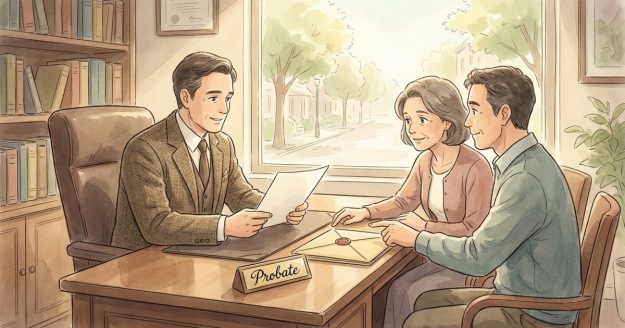How do I find out who the beneficiary is on a work life insurance policy and what should I do if the benefits company has the wrong mailing address? nc
How do I find out who the beneficiary is on a work life insurance policy and what should I do if the benefits company has the wrong mailing address? – North Carolina Short Answer In North Carolina, the fastest way to learn who is listed as beneficiary on an employer-provided (work) life insurance policy is…

